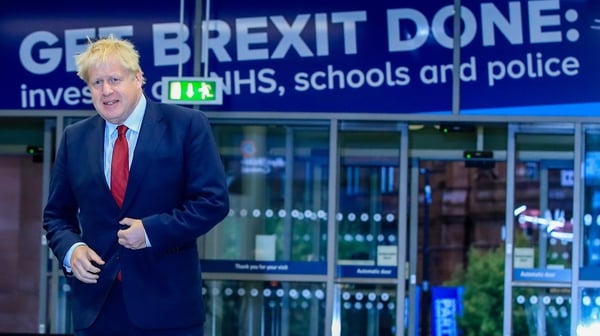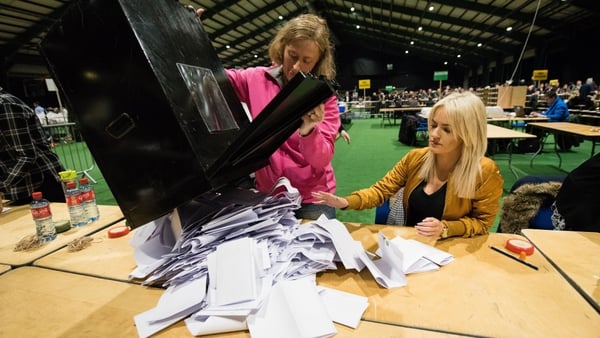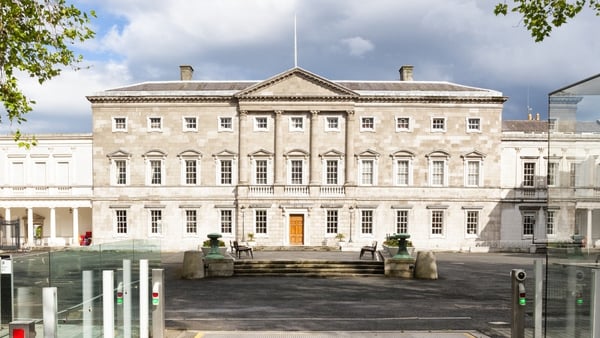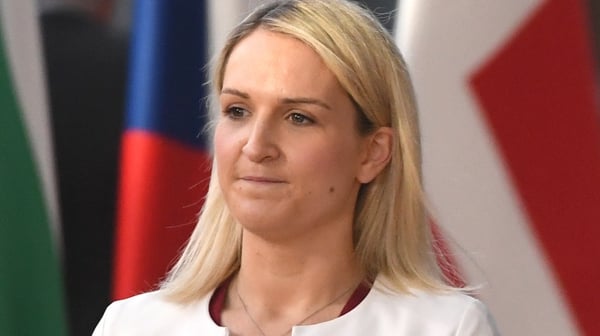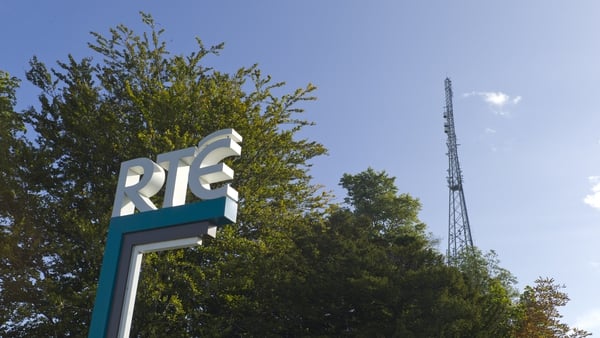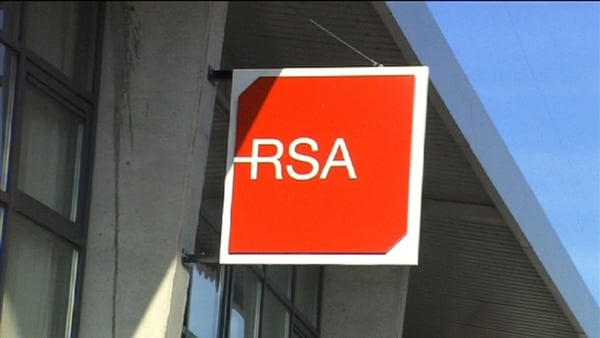The Taoiseach has insisted the British government should not "impose" customs checks "against the will of the people" north and south of the border.
Leo Varadkar told the Dáil that he welcomed comments by the British Prime Minister this morning in which he said that Boris Johnson "disowned and distanced himself" from reports the UK would propose custom clearance posts on either side of the border as an alternative to the backstop.
"Had he not, in my view, it would have been hard evidence of bad faith on behalf of the British government," Mr Varadkar said during Leaders' Questions.
The Taoiseach said he had not seen so-called "non-papers" - or legally non-binding documents - submitted by UK negotiators to the European Union's Brexit taskforce, and said they had been provided on the basis that they would not be shared with EU member states.
He said the UK had in December 2017 promised Ireland and the EU that there would be no hard border, no physical infrastructure, and no controls or checks as a consequence of Brexit.
"We expect the British government to honour that commitment made in good faith in the Withdrawal Agreement," he said.
His comments come after the Government rejected proposals for customs posts along both sides of the border to replace the backstop.
With just 30 days to go until #Brexit, here's @RayKennedyHack with a recap of the key events that brought us to this point | Full coverage: https://t.co/Uqqhqg61WT pic.twitter.com/8rNcChQkN1
— RTÉ News (@rtenews) October 1, 2019
Johnson promises 'good solution' to border issue
Mr Johnson has urged the EU to work with him on efforts to reach a Brexit deal when he presents formal proposals to break the deadlock within days.
He said it is now the moment when the "rubber hits the road" as the clock ticks down to the 31 October scheduled date for the UK's exit from the bloc.
Mr Johnson called for Dublin, Brussels and Berlin to work with him on the "good solution" the UK will be formally setting out.
In the Dáil, Mr Varadkar said: "People in the Republic of Ireland do not want a customs border between north and south.
"People in Northern Ireland don't want a customs border between north and south and no British government should seek to impose customs posts between the Republic of Ireland and the north of Ireland against the will of the people in Northern Ireland and the people in the Republic of Ireland.
"I would ask anyone in the British establishment who thinks that this is in any way a good idea to listen to the voices of Northern Ireland - to business, to farmers, to people in Northern Ireland.
"They are saying 'no' to customs posts between north and south. We are saying 'no' to customs posts between north and south. And no British government should try to impose on Ireland a solution opposed by people north and south."
Mr Varadkar said that his Government talks about checks only in the context of no-deal Brexit.
He said: "If the UK decides, and it will be their decision to leave without a deal and operate on WTO rules, then there will need to be checks. At the ports, at the airports, perhaps at business level, and perhaps near the border too.
"That is the reality of the situation. But that is in the context of no-deal. We have never been in the position of signing up to checks as part of a deal.
The Fianna Fáil leader said the Government needs to be careful about welcoming what Mr Johnson says because "while he is dismissing the non-papers, the essential message of what he is saying today is that he wants to keep Northern Ireland out of a customs union".
Micheál Martin said: "It seems to me very clear that he is sticking to the idea that he does not want, as part of the exit deal, any provision that would ensure and guarantee that Northern Ireland would remain within the EU's Customs Union."
The Taoiseach said this analysis was correct.
"It is his view that the UK should leave the EU whole and entire - to use his language - and that means the UK including Northern Ireland leaving the customs union," Mr Varadkar said.
Mr Varadkar said that when he met Mr Johnson in New York recently he told him that the backstop was the best option because it satisfied Ireland's demands that there not be customs checks between the north and south, but it also satisfied the concerns and desires of many unionists that there not be custom checks east-west.
"I explained to him that we spent two years going up and down all these rabbit holes," he said.
Earlier, Tánaiste and Minister for Foreign Affairs Simon Coveney poured cold water on the plans, saying the Republic and Northern Ireland "deserve better".


